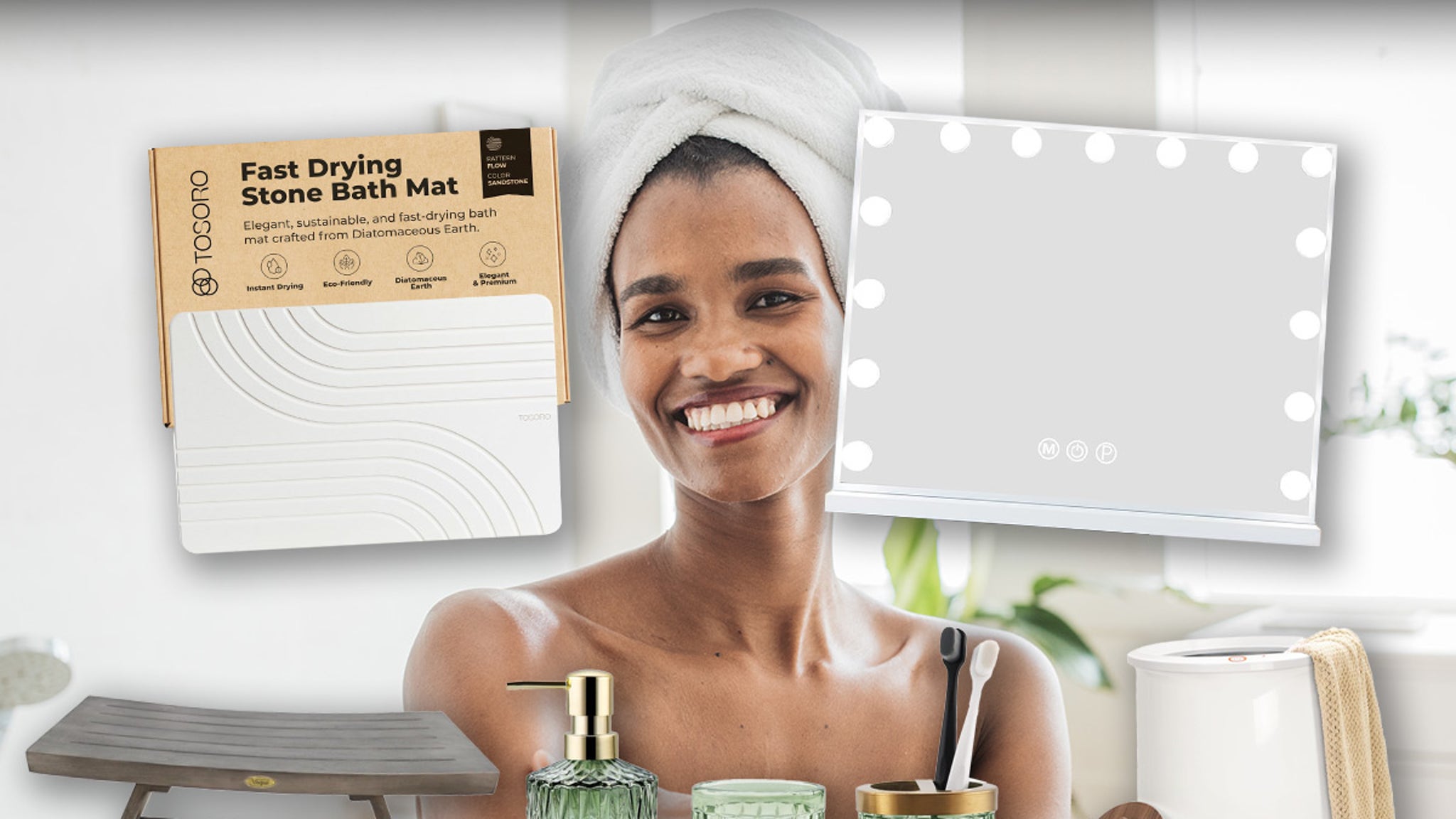Living the Dream: Jameel Haiat and Hilcia Pea's Journey from Corporate Life to Chiang Mai
In a bold move that reflects their desire for a more fulfilling life, Jameel Haiat and Hilcia Pea made the significant decision to leave their jobs in the United States and relocate to Chiang Mai, Thailand. This couple's adventure began eleven years ago when they set a clear goal of quitting the corporate grind to embrace a life of creativity and personal fulfillment.
Haiat, a seasoned production designer, and Pea, a talented architect, were both immersed in their careers in California when their aspirations to break free from conventional work took shape. They even designated a specific date for their bold plan, dubbing it '2020 Vision.' The couple shared that their dream took root during their time in Shanghai, where they both worked for Walt Disney Imagineering. "We were always trying to figure out how we could leave this corporate world and be more creative," Pea, now 39, reflected in an interview with Business Insider.
The seeds of their future in Thailand were sown during their travels across Southeast Asia. They were particularly taken with Thailand's excellent infrastructure, quality healthcare, and affordability. "We could see how our money could go a lot further," Pea noted. Thus, they set February 20, 2020, as their target date to make their intentions known.
However, as the date approached, circumstances shifted. By February 2020, the couple found themselves back in the United States, yet their plans for '2020 Vision' did not unfold as they had anticipated. "We never sent the emails because everything came to fruition as we had hoped," Haiat explained.
Unexpectedly, Pea received a new job opportunity with Disney, this time in Hong Kong. This development felt like a stepping stone toward their ultimate goal of retiring abroad, particularly as the relocation was funded by her employer. Haiat, who had faced layoffs after his project ended, agreed to move as a trailing spouse.
In 2023, after Pea completed her final project in Hong Kong, the couple seized the opportunity to move to Chiang Mai, which is approximately 450 miles north of Bangkok. The region has recently seen a surge in popularity among expatriates seeking a new life away from the hustle and bustle of their home countries.
According to data from Thailand's Bureau of Registration Administration, the number of foreigners residing in Chiang Mai province rose from 131,761 in 2017 to 163,036 in 2024, demonstrating the area's growing appeal for expats. Many, like Haiat and Pea, are drawn to Chiang Mai for its safety, affordable cost of living, and relaxed lifestyle.
Initially, the couple had no plans to dive into the hospitality industry. However, this changed when, during a routine scroll on Facebook, Haiat stumbled upon a hotel that piqued his interest. "I was like, 'Oh wow. Let's just go look at it,'" he recalled, captivated by the hotel's picturesque architecture.
This particular hotel, owned by a Thai-Dutch couple, featured a main structure and five standalone villas surrounded by lush rice fields. After visiting, the couple found themselves contemplating the possibilities. "We started saying, 'Wow, what if?' And that was it. We got sucked into the world of it, and then we committed," Haiat explained.
Ultimately, the couple decided to lease the hotel with an option to purchase it, agreeing on a monthly rent of 110,000 Thai baht. They settled into a three-bedroom apartment within the main hotel building, eager to transform the property using their design and architecture expertise.
However, just eight months after opening, they made the difficult decision to close the hotel. This decision was compounded by a significant personal challenge: during the week they committed to leasing the property, Haiat was diagnosed with throat cancer. Despite the diagnosis, they were determined to proceed with their hotel project. "We didn't know what would happen, so we stuck with it," he said.
Unfortunately, the demands of running a hotel soon became overwhelming, especially as Haiat began to struggle with his health. "Caring for our guests turned into a round-the-clock affair, keeping him from focusing on his recovery," Pea recounted. Ultimately, the couple realized that they needed to prioritize Haiat's health. "It was just too hard on my body, and I'm never going to really recover until we stop doing this," he admitted.
Today, Haiat is in remission, although he continues to face side effects from radiation therapy, including the daily challenge of receiving nutrition through a gastric tube. The couple broke their lease with the hotel owners at the end of last year and officially closed the hotel on December 31. They are now focusing on their creative pursuits and are in the process of designing their new house.
The lower cost of living in Chiang Mai has been a significant relief, allowing them to maintain a comfortable lifestyle. To continue living in their apartment, the hotel owners allowed them to stay in exchange for maintaining the property. Their monthly expenses now include 7,500 Thai baht for medical insurance, 3,000 baht for gas, and approximately 29,000 baht for food, factoring in special formula Haiat requires for his feeding tube.
Haiat expressed gratitude for Chiang Mai's healthcare system, stating, "I never felt more comfortable and more welcomed by the nurses, the staff, the doctors. Everybody speaks basic English. And if we ask questions, they explain," he said. Pea added that a dedicated counter aids foreign patients in navigating the medical system, a level of service he believes is absent in the United States. "Here, people see you as a patient, not a dollar symbol," he emphasized.
Reflecting on their journey, the couple believes that their life in Chiang Mai is moving in the direction they envisioned over a decade ago. "I think it's turned out better than we expected, even with the cancer," Haiat remarked with a sense of contentment. As they embrace this new chapter, they no longer feel burdened by corporate demands. "At work, you think about deadlines, schedules, and tasks. Here, we wake up every day and say, 'Every day is our Saturday,'" Haiat said.
Pea added that the slower pace has positively impacted her mental health, allowing her to wake up naturally to the sound of birds rather than an alarm clock. "It still is the best we've ever lived our lives. Despite the fact that I have the gastric tube and all these challenges, I wouldn't exchange any of this to be anywhere else," Haiat concluded, affirming their commitment to their new life in Thailand.

















